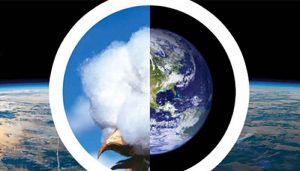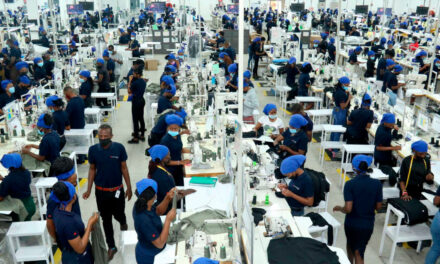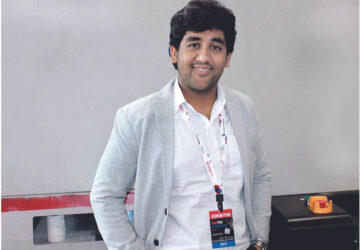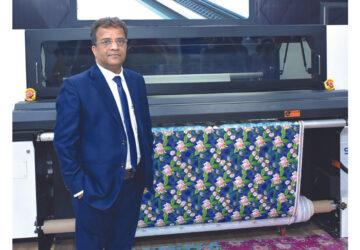
Each project will receive up to a million dollar in funding supported by Target. Through a collaboration between CASS and NASA, the project will be implemented at the International Space Station. Upstream Tech of Alameda, California will work on field scale, aggregated best management practice verification and monitoring. Upstream has a developed machine learning tool to acquire data from satellites. This capability will be used to monitor cotton agriculture practices which will help Target in its cotton sustainability goals.
A project led by Christopher Saski of Clemson University will utilize gene sequencing tools to investigate gene expression and genome sequences of three cotton cultivars. In zero gravity, information obtained on the process of regeneration will help with good fundamental knowledge. Such information may help with better growing cotton under stressed conditions.
Simon Gilroy of the University of Wisconsin-Madison will focus on roots as part of the space station project, as resistance to stresses such as drought are somewhat related to the root system. The international space laboratory will provide opportunities to know about the environmental factors and the genes that control root growth in zero gravity.
These studies may not only help with cotton agriculture, but the fundamental knowledge will lead to advances in agriculture as the resources are shrinking. There is a growing need to feed the increasing population, particularly in those parts of the world such as India, where land space is limited.



















